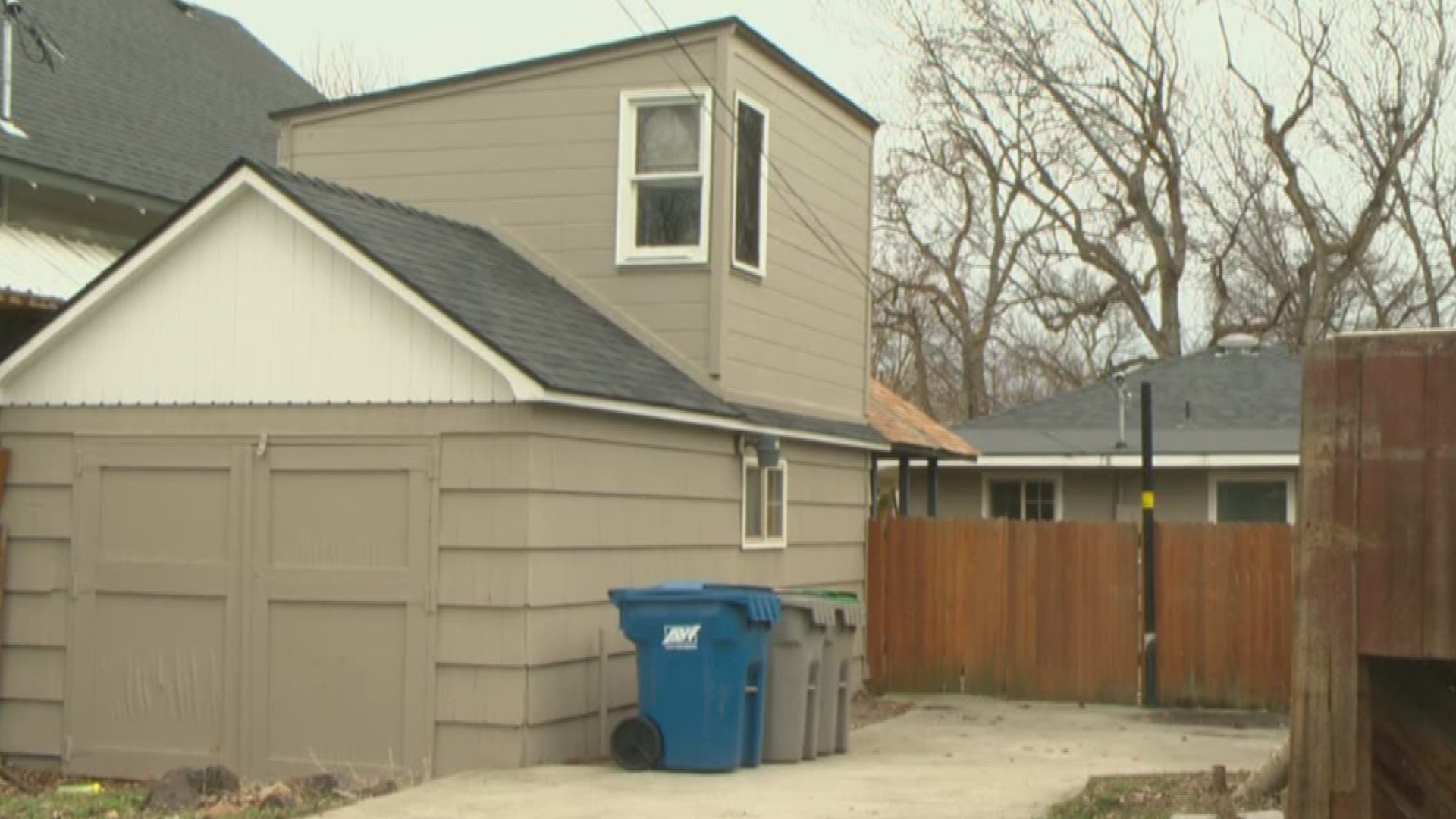BOISE, Idaho — The period for submitting feedback about proposed changes to the City of Boise's code regarding accessory dwelling units ends Friday, February 8.
An accessory dwelling unit - or ADU - is a second, smaller dwelling unit that can be built on property already occupied by a single-family home. Sometimes called a "mother-in-law suite," the units may take the form of a basement apartment, a cottage, or a detached garage converted into living space.
Currently, the size of an ADU may be no more than 600 square feet or ten percent of the parcel size, whichever is smaller, and may not have more than one bedroom. Regulations also require that the property owner live in either that unit or the primary house on the parcel. Also, there must be one additional parking space for the unit.
Proposed changes include increasing the square-footage cap, while maintaining the ten-percent limit; allowing more than one bedroom; and eliminating the owner occupancy and on-site parking requirements.
"Overall, this is really an effort to diversify our housing stock, create more housing stock, so we can alleviate some of the pressure," Boise city spokesman Mike Journee said.
In November and December of 2018, during the third series of Community Conversations on Growth, which focused on housing, city leaders shared various proposals for addressing the need for affordable housing -- including changing the rules for ADUs.
According to a report prepared by a Boise State University public policy and administration professor on the findings from the Community Conversations discussions on housing in Boise, a majority of participants in the Community Conversations discussion strongly supported the idea of relaxing the square footage and bedroom restrictions, but were concerned about the proposal to lift the on-site parking requirement. Some were very strongly opposed to removing the owner occupancy requirement, out of concerns that property owners would convert ADUs into short-term vacation rental properties, or that speculators would purchase properties and raise housing prices.
Update: Since this story was first published, the Boise City Council has directed city staff to not include the proposal to remove the owner occupancy requirement.

